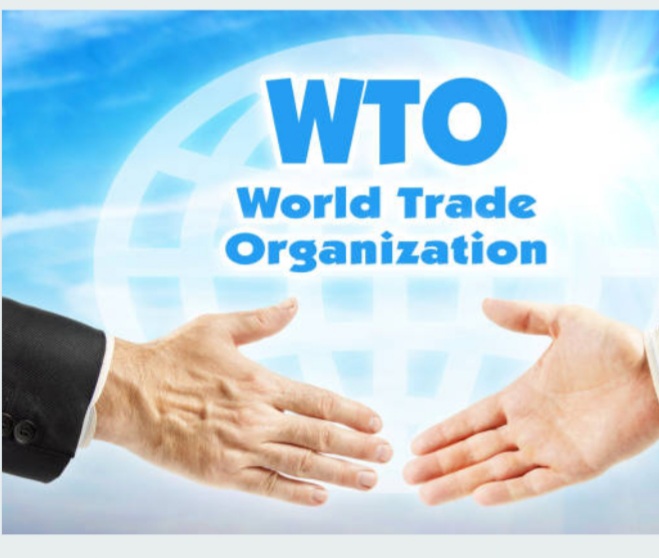Dr Ngozi Okonjo-Iweala announced on Wednesday that Nigeria and other nations who are members of the World Trade Organization (WTO) would receive around N12 billion (USD 20 million) for developing their fisheries. This is part of an effort to prohibit detrimental fisheries subsidies; hence this action is being made.
The World Trade Body is a multilateral organization that oversees and encourages commerce on a global scale. The laws that regulate international trade are established, revised, and ultimately enforced by governments with the assistance of this organization.
This new information was disclosed in Abuja by Dr Okonjo-Iweala, who serves as the DG at the WTO, while she was there paying a friendly visit to the Ministry of Industry, Trade & Investment.
She stated that after the World Trade Ministerial Conference that took place in June, the WTO voted to adopt six significant resolutions. This year, however, we reached a consensus on fisheries subsidies, which had been a point of contention for the previous twenty-one years but was finally a subject on which we could find common ground.
She expressed the commitment of the WTO to offer capacity for promoting fisheries in the country while saying that the fisheries agreement is one of the six agreements that world trade ministers have implemented.
According to Dr Okonjo-Iweala, “we are investing approximately $20 million to our fisheries fund to fast-track the development of legitimate fisheries and restrict unlawful subsidies.”
Because this agreement is such an essential step toward the long-term sustainability of the world’s fisheries, I travelled to Nigeria to ensure everything was moving smoothly with its implementation. Furthermore, in multilateral initiatives to tackle subsidies that affect the well-being of vulnerable populations and the natural environment,” the Director General of the WTO added.
She went on to say that as a result of the implementation of the agreement, the WTO now forbids the provision of subsidies to fishing operators and vessels who participate in illegal, unreported, or unregulated fishing (IUU) and establishes new guidelines for the provision of subsidies to fishing operations that target stocks that have already been overfished.
Additionally, she added that it forbids the provision of financial assistance to fishing operations on high seas for stocks that regional organizations do not administer.
 We just launched our WhatsApp channel. Want to get the latest news from the Tech in Africa?
We just launched our WhatsApp channel. Want to get the latest news from the Tech in Africa?


